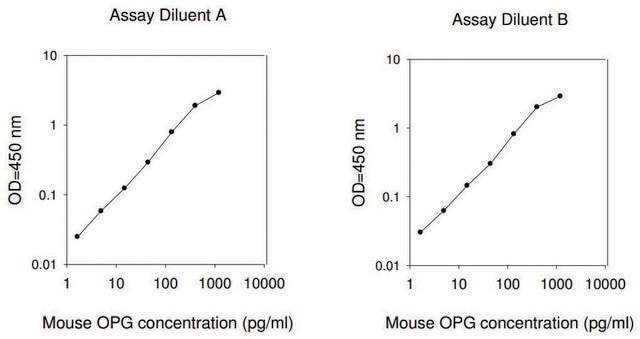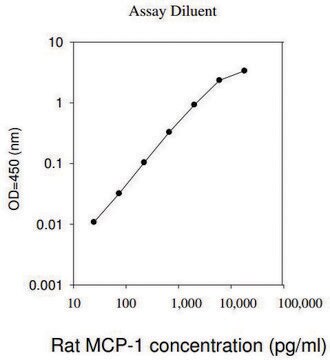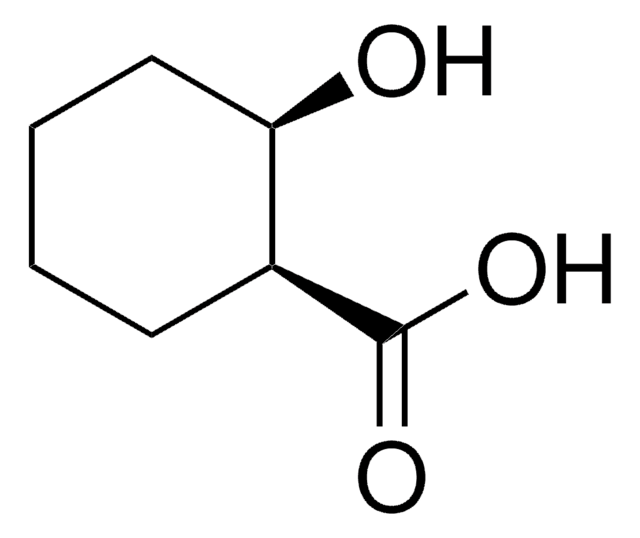RAB0484
Human Osteoprotegerin / TNFRSF11b ELISA Kit
for serum, plasma, cell culture supernatant and urine
Synonym(s):
OPG
About This Item
Recommended Products
species reactivity
human
packaging
kit of 96 wells (12 strips x 8 wells)
technique(s)
ELISA: suitable
capture ELISA: suitable
input
sample type serum
sample type urine
sample type cell culture supernatant(s)
sample type plasma
assay range
inter-assay cv: <12%
intra-assay cv: <10%
sensitivity: 1 pg/mL
standard curve range: 1.23-900 pg/mL
detection method
colorimetric
shipped in
wet ice
storage temp.
−20°C
Gene Information
human ... TNFRSF11B(4982)
General description
Osteoprotegerin (OPG) is encoded by the gene mapped to human chromosome 8q24. It is a member of the TNFR (tumor necrosis factor receptor) superfamily that can act as a decoy receptor for RANKL (receptor activator of nuclear factor kappa-B ligand) and TRAIL (tumor necrosis factor-related apoptosis-inducing ligand). OPG is expressed in a wide variety of tissues, including adult heart, lung, kidney and liver. It is secreted both as a monomeric and a dimeric protein.
Immunogen
Application
Please refer to the attached General ELISA KIT Procedure (sandwich, competitive & Indirect ELISA)
Biochem/physiol Actions
Other Notes
Please type the word sample in the text box provided for lot number.
Kit Components Also Available Separately
signalword
Warning
hcodes
pcodes
Hazard Classifications
Met. Corr. 1
Storage Class
8A - Combustible corrosive hazardous materials
Certificates of Analysis (COA)
Search for Certificates of Analysis (COA) by entering the products Lot/Batch Number. Lot and Batch Numbers can be found on a product’s label following the words ‘Lot’ or ‘Batch’.
Already Own This Product?
Find documentation for the products that you have recently purchased in the Document Library.
Our team of scientists has experience in all areas of research including Life Science, Material Science, Chemical Synthesis, Chromatography, Analytical and many others.
Contact Technical Service









